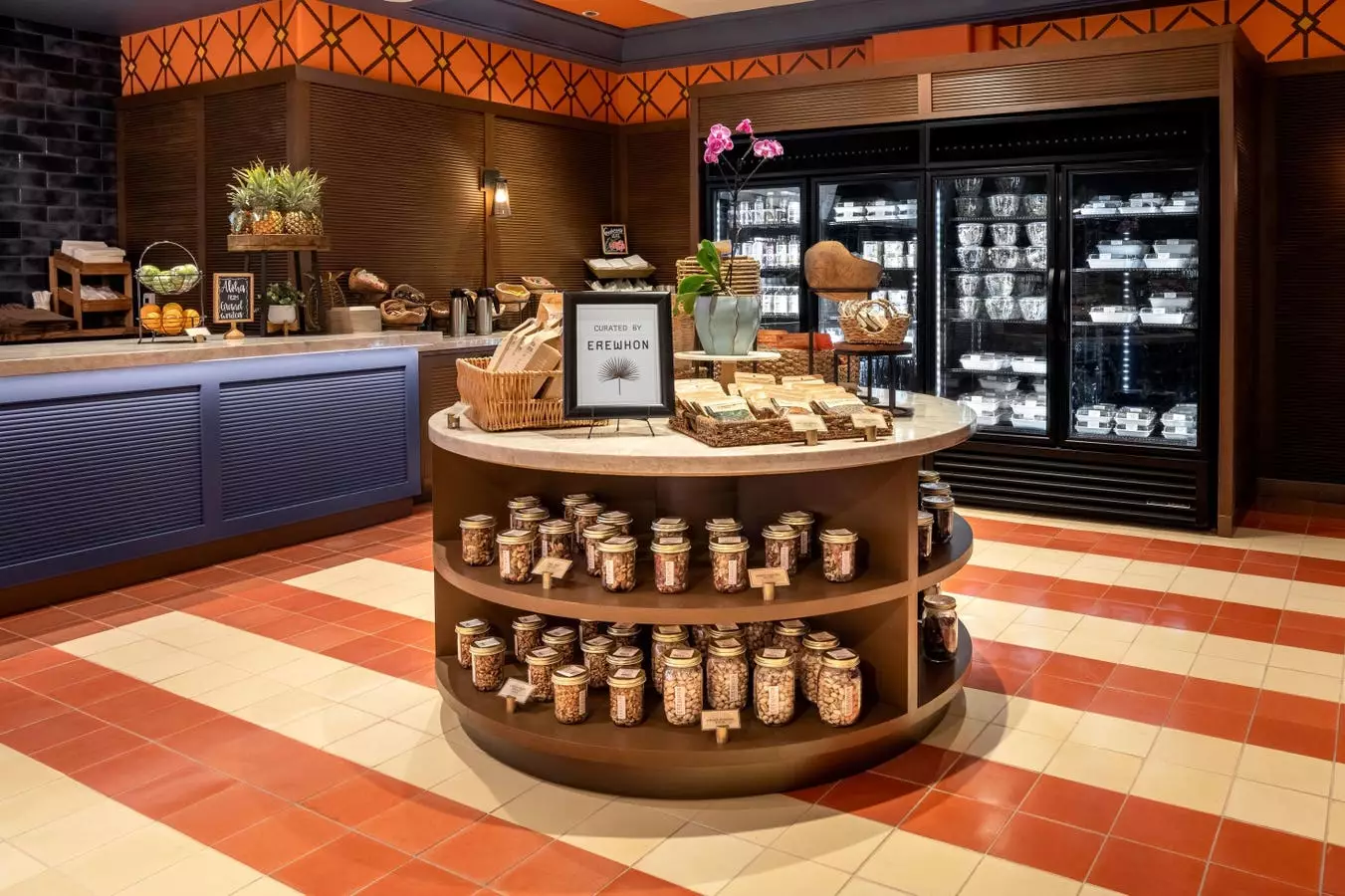Consumers today are much more than mere purchasers; they are experience-seekers who crave connections between their purchases and their personal values, lifestyles, and aspirations. This shift in consumer behavior indicates a profound transformation in how businesses within the hospitality and retail sectors operate. A recent report by STRGlobal highlights the phenomenon, forecasting that “lifestyle hotels” will represent 23% of the global hotel development by 2025. This merging of experiences with accommodation is not incidental—it is driven by profitability and consumer demand.
The Financial Appeal of Lifestyle Hotels
The increasing prevalence of lifestyle hotels is closely linked to their capacity for higher profitability. These establishments are projected to earn, on average, an additional $33.60 per day compared to their traditional hotel counterparts. This increased revenue stems from the modern traveler’s willingness to spend more at destinations that resonate with their personal ethos. When travelers find accommodations that reflect their distinctive tastes and enhance their lifestyle, they are predisposed to invest more financially.
This trend indicates a notable shift within the hospitality industry as it leans into experiences that are not only comfortable but also aligned with a consumer’s lifestyle choices. As a result, hotels are incorporating elements that mirror the values and aspirations of their guests, prompting a ripple effect throughout the retail industry. Indeed, as hotels and retailers emphasize experiential offerings, the boundaries between these sectors become increasingly blurred.
Prestige brands are leading the charge, crafting experiences that reinforce their core values while also extending their reach into the hospitality market. For instance, Blackberry Farm offers more than just luxurious accommodations—it provides rustic dinnerware and kitchenware that guests can purchase to bring a piece of their experience back home. Similarly, the Armani Hotels showcase the brand’s quintessential elegance and meticulous attention to detail.
While some brands focus on developing their own extensions, another tactical approach involves forging strategic partnerships. This method highlights the significance of contextual commerce, which aims to seamlessly integrate retail offerings within the areas where consumers naturally seek them. A prime example of this approach is the collaboration between Erewhon, an upscale grocery chain in Los Angeles, and Grand Wailea, a Waldorf Astoria Resort in Hawaii. Despite the geographical distance, both brands share a mutual commitment to a holistic wellness philosophy, making this partnership particularly synergistic.
The partnership between Erewhon and Grand Wailea illustrates how closely aligned values can create powerful collaborations. With Grand Wailea’s emphasis on wellness and farm-to-table dining, Erewhon’s wholesome offerings resonate perfectly with the resort’s clientele. This union not only capitalizes on the growing demand for wellness-oriented experiences but also ensures that both brands’ commitments are amplified.
The partnership has led to practical benefits for guests as well, including a $100 resort credit for Erewhon members staying at Grand Wailea. Such incentives are thoughtfully designed to attract health-conscious travelers, highlighting the value of integrating hospitality with wellness-focused retail offerings. The introduction of exclusive products, like the limited-edition Aloha Sunshine Juice, further entices guests to engage with the brand during their stay.
Building Brand Recall Through Strategic Collaborations
The collaboration has proven to be a strategic advantage in brand retention, with on-site retail deepening Erewhon’s presence in the minds of guests. By embedding its products into the guest experience, Erewhon enhances its visibility and ensures that the wellness-centric narrative remains at the forefront of their stay. For instance, the upcoming launch of the Lovel & Lava sundae—a collaboration with influencer Kelia Moniz—highlights how experiential offerings can keep brand connection alive.
According to Nate Rosen, founder of Express Checkout, Erewhon’s reputation for premium products allows it to outperform generic resort retail options. Guests are more inclined to remember and invest in brands they know and trust, particularly in luxury settings where authenticity prevails. Erewhon does not only promote its products but strategically markets itself to consumers during moments of peak engagement, yielding a strong return on brand presence.
As consumers continue to prioritize seamless and experiential engagements, both the retail and hospitality sectors must adapt accordingly. The collaboration between Erewhon and Grand Wailea demonstrates how innovative partnerships can transcend traditional boundaries, fostering a holistic consumer journey that is embedded in wellness and lifestyle aspirations.
In this new landscape, understanding and meeting consumer expectations will prove vital. By offering carefully curated experiences that resonate with their identity, brands can cultivate stronger connections with their audiences, ensuring that they remain relevant and cherished in the eyes of modern consumers. This evolution toward experiential commerce not only aligns profit with purpose but also heralds a prosperous future for those willing to embrace the challenge.


Leave a Reply